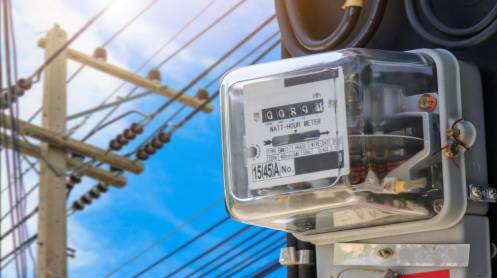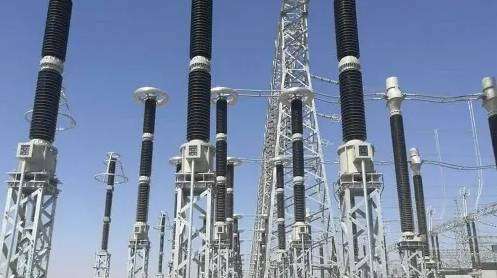ISLAMABAD: Pakistan and Germany have reaffirmed their commitment to advancing joint climate and energy initiatives, with Berlin announcing €114 million ($122 million) in fresh financial and technical assistance for the current fiscal year, according to Radio Pakistan.
The announcement came during high-level talks in Islamabad between Muhammad Humair Karim, Secretary of the Ministry of Economic Affairs, and Christine Toetzke, Director-General at Germany’s Federal Ministry for Economic Cooperation and Development (BMZ).
The new funding will support Pakistan’s priorities in climate resilience, clean energy transition, and social protection, as the country continues to recover from recurring climate disasters — including the catastrophic 2022 floods, which impacted over 33 million people, and this year’s floods that caused widespread agricultural losses.
Both countries also agreed to enhance cooperation in vocational training, youth employment, and social protection, with a focus on building climate resilience and inclusive growth.
Christine Toetzke commended Pakistan’s ongoing reform efforts and reaffirmed Germany’s long-term support in addressing the challenges of climate change, economic transformation, and social inclusion.
Established in 2021, the Pakistan-Germany Climate and Energy Partnership aims to promote renewable energy, improve grid efficiency, and strengthen local climate adaptation efforts. The latest commitment will reinforce programs that promote green industry jobs, low-carbon development, and technical capacity-building.
Last month, Pakistan advanced to the implementation phase of its national carbon market under the German-funded Supporting Preparedness for Article 6 Cooperation (SPAR6C) program, designed to help countries operationalize market-based climate mechanisms under the Paris Agreement.
Through this partnership, Germany continues to play a pivotal role in supporting Pakistan’s transition to a sustainable, climate-resilient economy while enabling the country to attract international carbon finance and scale up clean energy investments.







